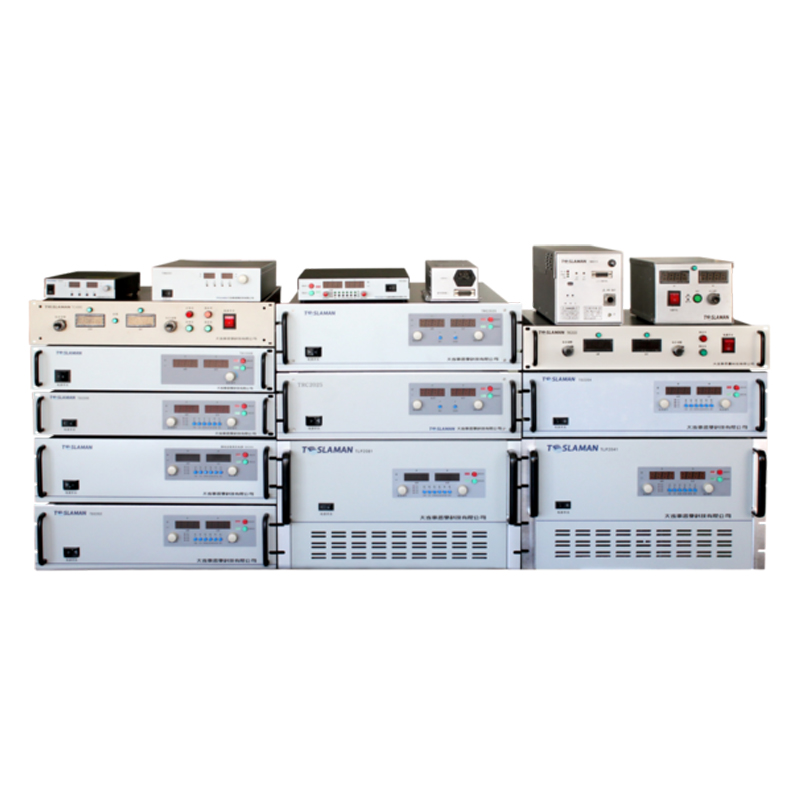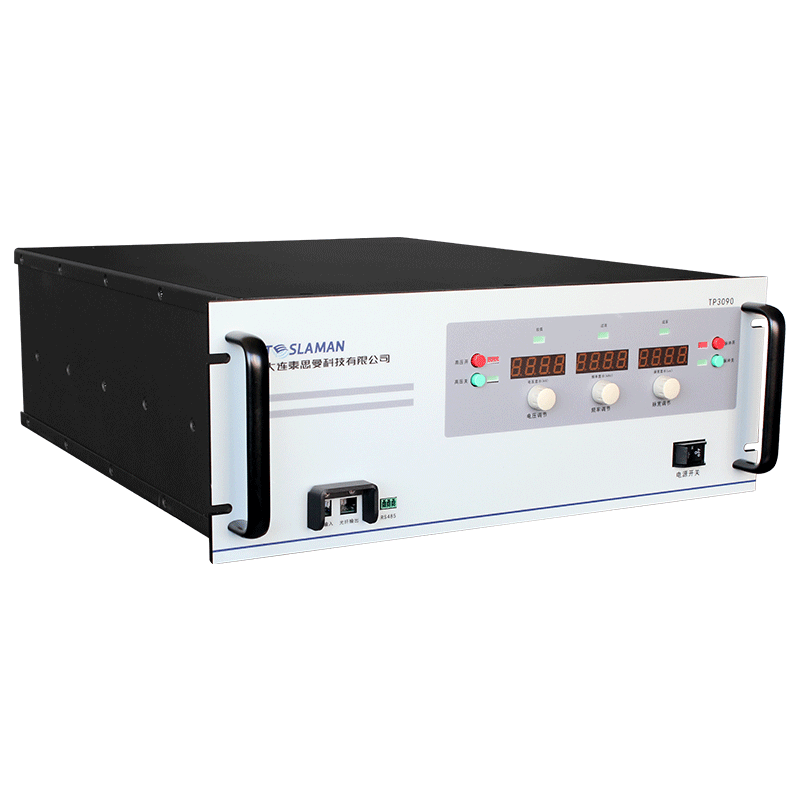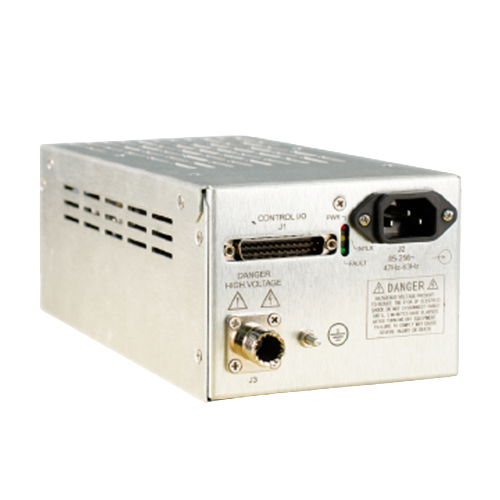Reliability Verification and Performance Analysis of High-Voltage Module Power Supplies in High-Speed Train Traction Systems
With the rapid development of technology, high-speed trains have become an important part of modern transportation. As a fast, comfortable, and efficient means of transportation between cities, the operating performance of high-speed trains is directly related to passengers' travel experience. In this context, the reliability verification and performance analysis of high-voltage module power supplies, as one of the core components of high-speed train traction systems, are particularly important.
I. Working Principle and Application of High-Voltage Module Power Supplies
High-voltage module power supplies are electronic devices that convert the input AC or DC voltage into the required high-voltage DC voltage. In high-speed train traction systems, they are responsible for providing stable and efficient high-voltage DC power to the traction motors, ensuring the normal operation of the train under various working conditions. Due to the complex operating environment of high-speed trains, the reliability and performance requirements of power supplies are extremely high, so the design and manufacturing of high-voltage module power supplies must follow strict technical standards and testing processes.
II. Reliability Verification
1. Environmental Adaptability Test: High-speed trains may face a variety of harsh environments, such as high temperature, low temperature, high humidity, and strong sandstorms. Therefore, high-voltage module power supplies must pass a series of environmental adaptability tests, such as high and low temperature cycle tests, humidity and heat tests, etc., to verify their stability and reliability under different environmental conditions.
2. Electrical Performance Test: This includes tests on key parameters such as input and output characteristics, efficiency, power factor, and harmonic content. These tests can evaluate the electrical performance of high-voltage module power supplies under actual working conditions to ensure that they meet design requirements.
3. Mechanical Vibration and Shock Test: High-speed trains generate significant vibration and shock during operation. By conducting mechanical vibration and shock tests on high-voltage module power supplies, the firmness of their structural design and connection methods can be verified, preventing damage or failure caused by vibration and shock.
4. Electromagnetic Compatibility (EMC) Test: Various electrical equipment in the high-speed train traction system may cause electromagnetic interference to each other. High-voltage module power supplies must pass the EMC test to prove that they have good immunity to electromagnetic interference, will not cause interference to other equipment, and will not be disturbed by other equipment.
III. Performance Analysis
1. High Efficiency and Low Loss: The application of high-voltage module power supplies in high-speed train traction systems requires high efficiency and low loss characteristics. This not only helps to reduce the overall energy consumption of the train but also improves energy utilization efficiency, which is in line with the green and low-carbon development trend of modern transportation.
2. High Power Density: With the increasing demand for lightweight and miniaturization of high-speed trains, high-voltage module power supplies must have the characteristic of high power density. This means that they can provide greater power output in a limited space to meet the needs of high-performance train traction.
3. Wide Input Voltage Range: Since high-speed trains may operate in different power grid environments, high-voltage module power supplies need to have a wide input voltage range to adapt to different power grid fluctuations. This helps improve the adaptability and reliability of the train.
In summary, the reliability verification and performance analysis of high-voltage module power supplies in high-speed train traction systems are crucial links to ensure the safe and efficient operation of trains. Through rigorous environmental adaptability tests, electrical performance tests, mechanical vibration and shock tests, and electromagnetic compatibility tests, the reliability of high-voltage module power supplies can be comprehensively evaluated; while the performance analysis of their high efficiency, low loss, high power density, and wide input voltage range helps to further optimize and improve product design, enhancing the overall performance of high-speed trains.




















